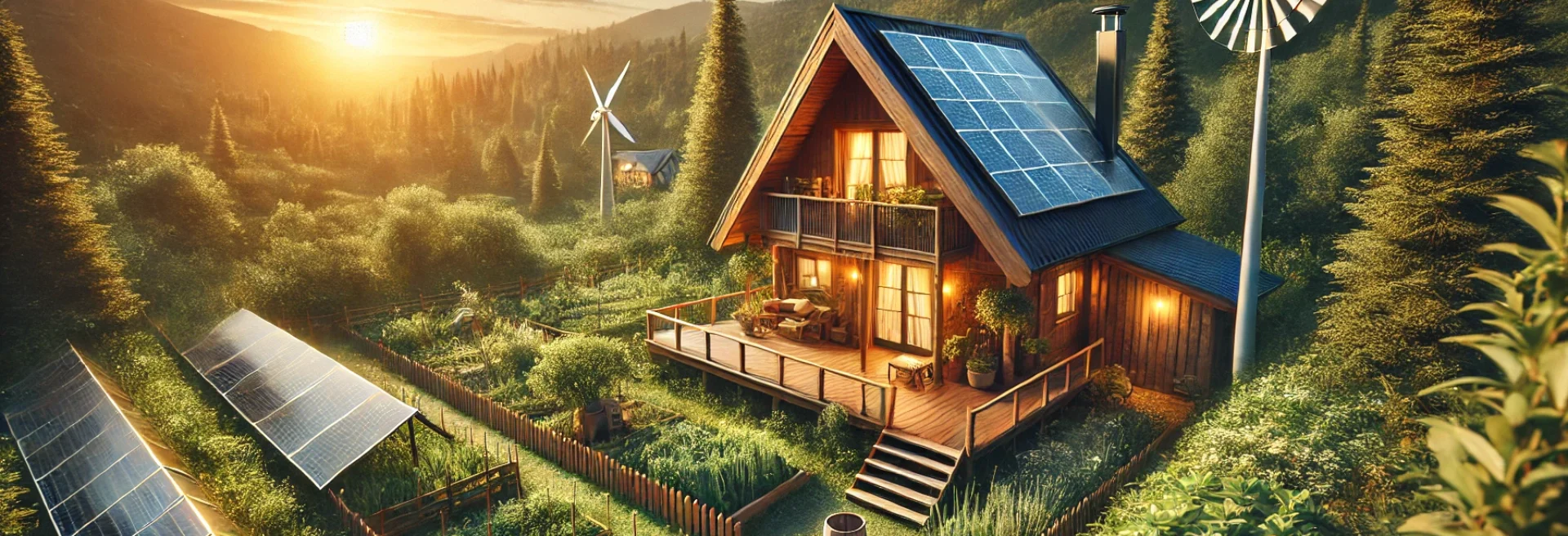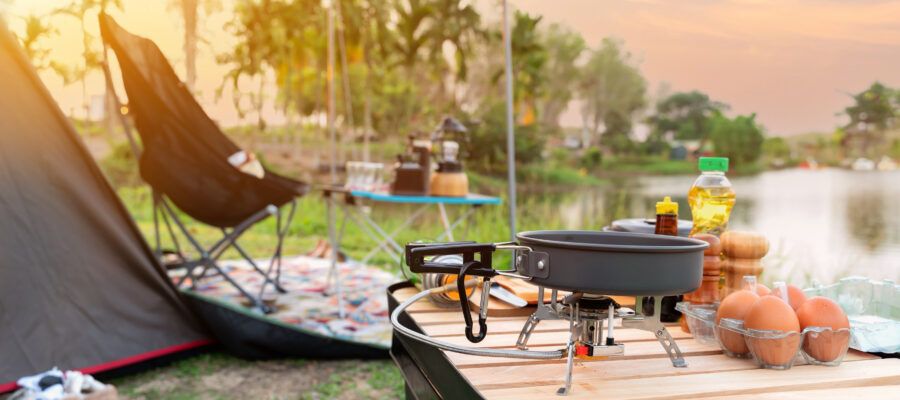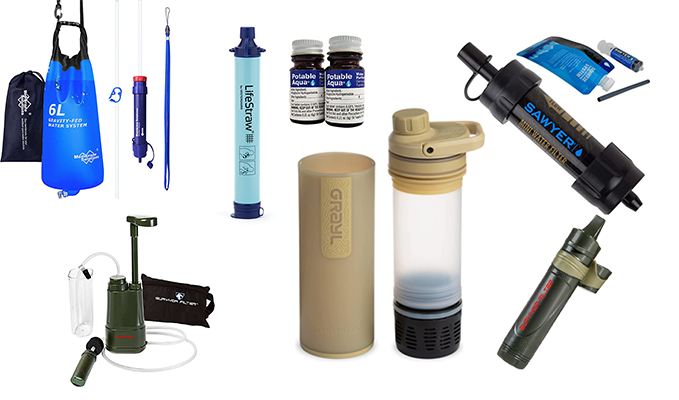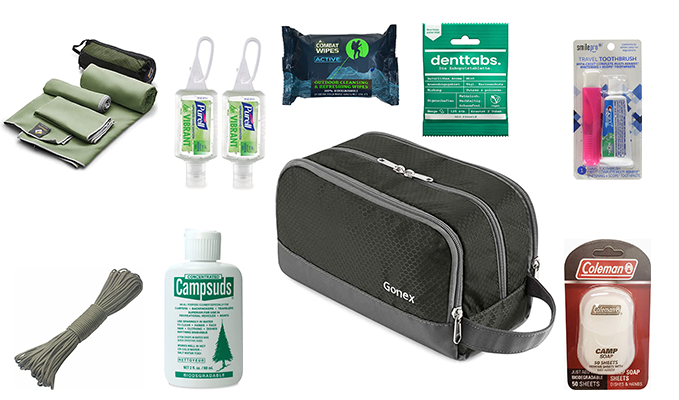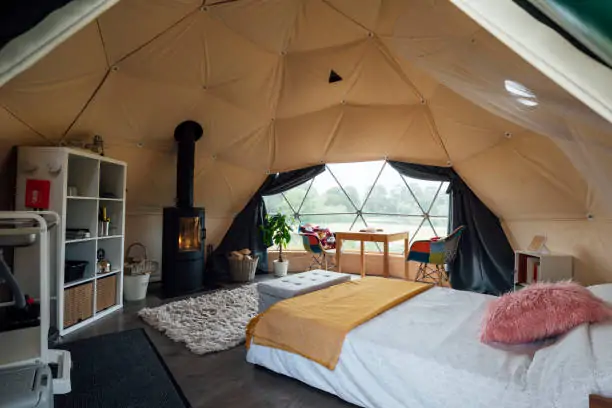Ideas for Simple and Delicious Meals in the Outdoors
Camping meal planning is an important part of preparing for any camping trip. A well-planned menu can help ensure that you have enough food for your entire trip, avoid unnecessary waste, and make meal preparation as easy and enjoyable as possible. Here are some tips for camping meal planning:
- Consider your camping style:
Your camping style will determine the type of food and equipment you need. For example, if you’re backpacking, you’ll need lightweight and portable foods, while car camping allows for more variety.
- Plan for each meal:
Start by planning each meal of your trip, including snacks. Consider the time of day, energy needed, and any dietary restrictions. Whether you follow a vegetarian, vegan, gluten-free, or any other specific diet, plan meals that cater to your needs. Explore camping-friendly recipes tailored to your dietary requirements or modify traditional recipes by substituting ingredients accordingly. Consider the preferences of your camping companions to ensure everyone enjoys the meals.
- Choose foods that travel well:
Choose foods that won’t spoil or get crushed during transport. Canned goods, dried fruits, nuts, and dehydrated meals are excellent options for longer trips or when refrigeration is limited. Fresh ingredients like hardy vegetables, fruits, and meats can be used in the early days of your camping adventure. As the trip progresses, shift towards ingredients that can be stored without refrigeration to avoid spoilage.
- Pack versatile ingredients:
Pack ingredients that can be used in multiple meals, such as eggs, pasta, and canned beans. Include a variety of food groups in your menu, such as proteins, carbohydrates, healthy fats, fruits, and vegetables. Incorporate ingredients that provide sustained energy, like whole grains, lean proteins, and nuts. Don’t forget to pack snacks like trail mix, energy bars, and fresh fruits to keep you fueled throughout the day.
- Pre-prep ingredients:
Preparing ingredients ahead of time can save time and energy at the campsite. Chop vegetables, cook rice, and pre-mix dry ingredients for baked goods.
- Bring appropriate cooking equipment:
Bring appropriate cooking equipment for your menu, such as a camping stove, pots and pans, and utensils.
- Consider food storage:
Plan for proper food storage, such as a cooler with ice or a bear-resistant container, to prevent spoilage and attract wildlife. Efficient storage and organization are essential for hassle-free meal preparation and enjoyable camping experiences. Pack ingredients in resealable bags or containers to maximize space and minimize waste. Label containers with the meal or dish they correspond to, making it easy to locate specific ingredients. Keep a detailed inventory of your food supplies to avoid any surprises and ensure nothing is forgotten.
- Don’t forget the essentials:
Remember to bring essentials like salt, pepper, cooking oil, and condiments.
- Embrace Outdoor Cooking Techniques:
Camping presents an excellent opportunity to embrace outdoor cooking techniques that add flavor and fun to your meals. Experiment with grilling, campfire cooking, and Dutch oven recipes. Roasting marshmallows, cooking foil-wrapped desserts, or preparing meals in cast-iron skillets can enhance the camping experience and create memorable culinary moments.
- Minimize Waste and Environmental Impact:
Camping meal planning also involves minimizing waste and reducing your environmental impact. Plan meals that use common ingredients across multiple dishes to avoid excess leftovers. Opt for reusable containers, plates, and utensils instead of disposable options. Properly dispose of food waste and follow Leave No Trace principles to preserve the natural beauty of the campsite.
Camping meal planning is a skill that combines creativity, convenience, and nutrition to elevate your outdoor adventures. By assessing your cooking equipment, embracing simplicity, and convenience, planning balanced meals, considering ingredient storage, accommodating dietary needs, minimizing waste, and embracing outdoor cooking techniques, you can create a menu that satisfies your taste buds while fueling your body for exciting camping experiences. With a well-thought-out meal plan, you’ll enjoy delicious meals in the midst of nature, making your camping trip even more memorable.

20.8 lb. Stealth Camping Bag? A complete Guide to Stealth Camping
Stealth camping can be a thrilling and adventurous way to experience the outdoors, but it requires careful planning and preparation. One of the most important […]

